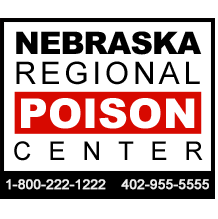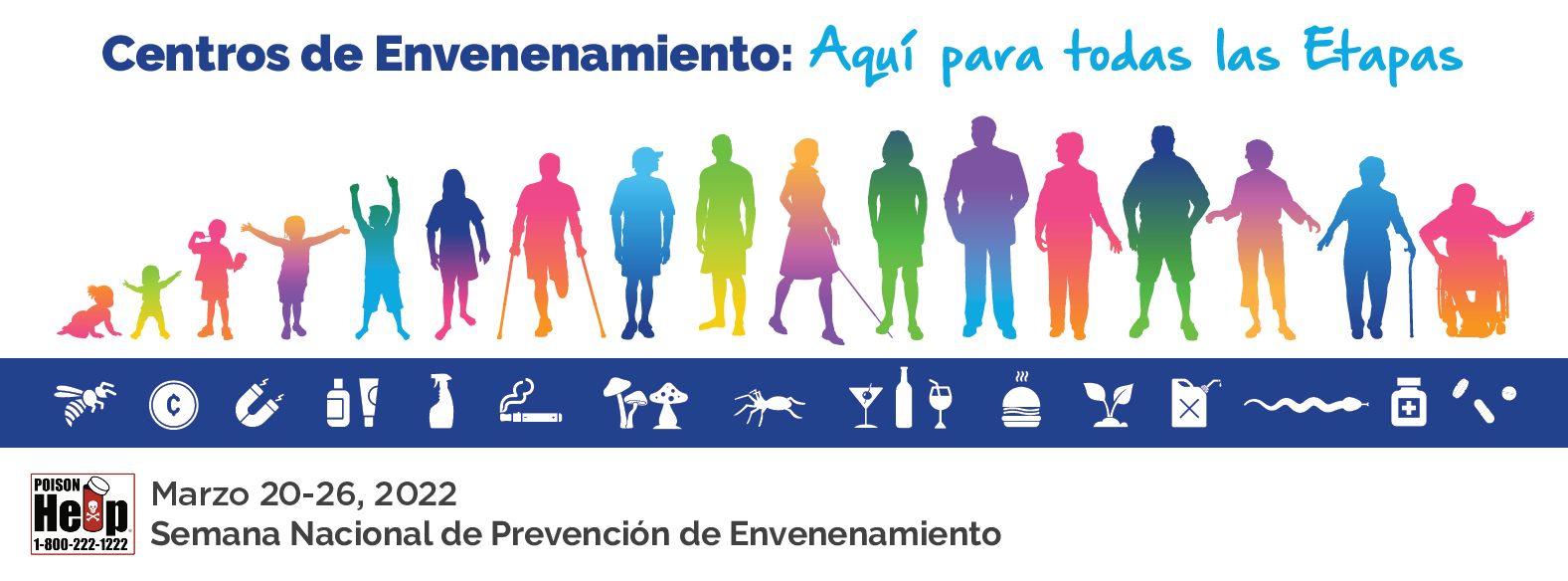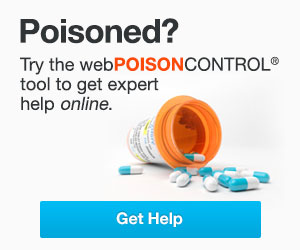SEMANA DE PREVENCIÓN DE ENVENENAMIENTOS 2025
La Semana Nacional de Prevención de Envenenamientos es la tercera semana completa de marzo y está dedicada a crear conciencia y educar al público sobre los peligros del envenenamiento. El Centro de Envenenamiento de Nebraska (NPC) se une a los otros cincuenta y tres centros de envenenamiento del país que celebran la Semana Nacional de Prevención de Envenenamientos. Los Centros de Envenenamiento quieren que usted sepa: Cuando se produce un envenenamiento, ¡estamos para ayudarle!
El veneno es cualquier cosa que pueda causarle dañarlo si se usa de manera incorrecta, por la persona incorrecta o en la cantidad incorrecta. La dosis produce el veneno. A continuación, se ofrecen algunos consejos para la prevención de envenenamientos:
• Asegure su hogar y garajes; los artículos como paquetes de detergente para ropa, productos de limpieza, plantas, pesticidas, gasolina y medicamentos pueden representar problemas para los niños y las mascotas si no están asegurados. Manténgalos bajo llave o fuera de la vista. Asegúrese de mantener los productos químicos y los medicamentos en sus envases originales.
• Referirse a los medicamentos como “dulces” puede ser confuso y peligroso para los niños. Esto puede ponerlos en riesgo de pensar que cualquier medicamento es un caramelo, especialmente las vitaminas gomosas, y puede tentarlos a buscar los frascos de medicamentos. Coloque los medicamentos, incluidas las vitaminas, en un lugar alto y alejado después de cada uso. Use cerraduras para gabinetes y cajas con llave cuando sea posible. Lea todas las etiquetas antes de usar.
• Mezclar productos químicos domésticos como productos de limpieza y blanqueador tiene el potencial de producir gases tóxicos y puede ser mortal. Lea todas las etiquetas antes de usar.
• Mantenga la nicotina líquida, los cigarrillos, los productos de cannabis y el alcohol fuera del alcance de los niños. Tenga en cuenta que muchas etiquetas de productos parecen caramelos u otros líquidos que pueden tentar a los niños, manténgalos fuera de su alcance y bajo llave de manera segura.
Recuerde agregar el número gratuito de NPC 1-800-222-1222 a su teléfono. Visite www.nebraskapoison.com y solicite sus materiales GRATUITOS de prevención de intoxicaciones. Vea el video de Pinky, el elefante a prueba de venenos, mientras explica a los niños sobre el peligro de los venenos en entornos cotidianos. El Centro de Control de Envenenamiento de Nebraska ofrece hojas de actividades, videos para niños en primaria, consejos para prevenir el envenenamiento y recursos educativos para adolescentes y adultos. Los libros para colorear de Pinky son un recurso gratuito y una herramienta divertida para educar a los niños pequeños sobre la prevención del envenenamiento.
Los venenos están a nuestro alrededor y pueden afectar a cualquiera, en cualquier lugar y momento de la vida; nuestro objetivo es protegernos unos a otros adoptando medidas seguras de prevención de envenenamiento, porque cuando sucede lo inesperado, estamos aquí para ayudarle.
Al llamar al 1-800-222-1222, hablará de inmediato con un enfermero registrado o un farmacéutico las 24/7/365.



